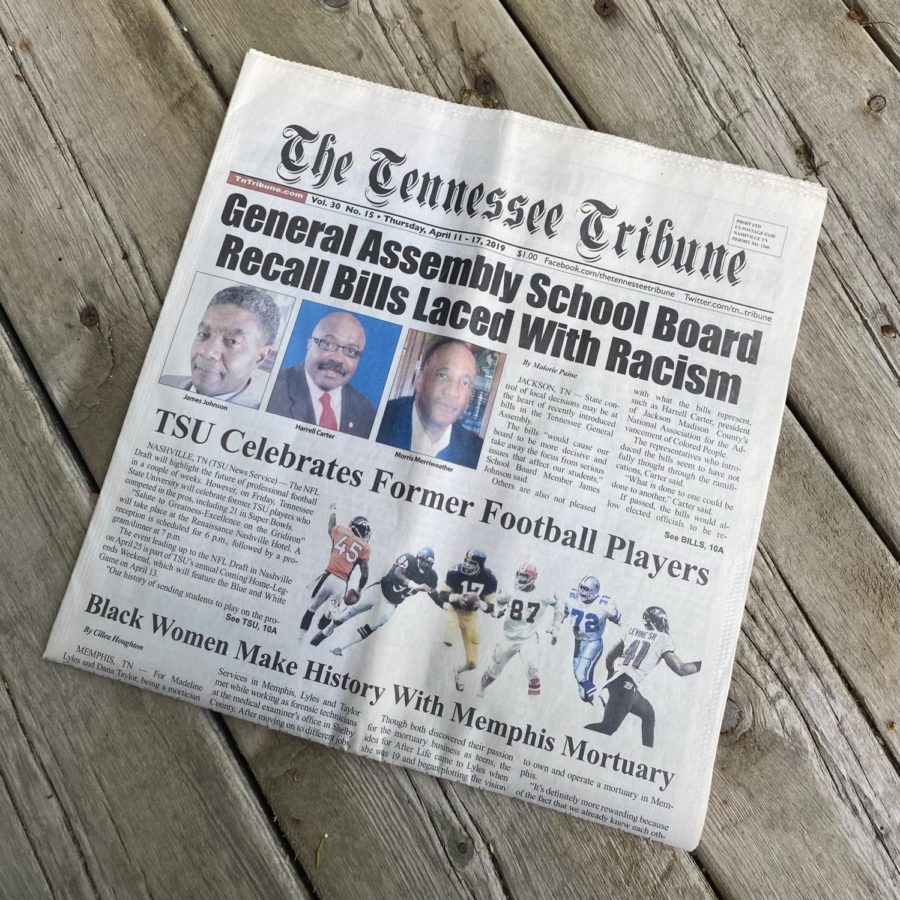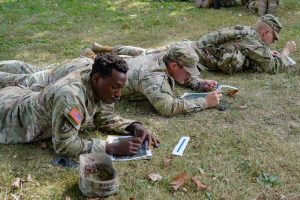Why newspapers are a valuable souvenir
May 24, 2021
Before returning home from a trip, picking up a newspaper makes a better souvenir than any item at a gift shop. Reading the news for a city or even a state you do not reside in may sound like a waste of money, but the headlines, the articles inside, paint a picture of the people and the landmarks when you specifically perceived them. This might be just as important as the stories you get to tell from that trip.
A t-shirt that simply says the name of the city you visited is a great reminder of a trip you took, and we live in capitalism, so it’s only natural to link a good time to an object. However, reliving the essence of the place you visited through the observance that journalism practices is invigorating.
From a business stance, revenue from gift shops could exceed newspapers’ revenue in coming years. There are about 22,500 gift, novelty and souvenir stores in the U.S. with combined annual revenue of about $18 billion, according to First Research. On the other hand, there were 1,279 daily newspapers in the U.S. in 2018, according to Statista.
While it is unfortunate that there are 21,221 more establishments for gifts than newspapers, U.S. newspaper publishers generated a total revenue of $23.44 billion in 2019, according to Statista. With only 1,279 establishments, newspapers are making $5.44 billion more than gift shops. But, newspapers were making $49.4 billion in 2005. If their revenue declines more, gift shops could easily exceed the newspaper industry.
In April 2019 I visited Franklin, Tennessee. I went to an outside museum of confederate soldiers’ graves to examine history. Opposite to their graves, which were front row, were nameless graves of slaves and their newborn babies. Included in this location were the slave owner’s enormous house and the beat-up house where slaves lived. Sometimes history is painful to digest.
After a moment of silence for the individuals who were victims of slavery and after exploring Nashville, the trip was over and I collected The Tennessee Tribune newspaper for $1. Two headlines on the front page stood out to me. There were faces of three Black men under the headline, “General Assembly School Board Recall Bills Laced With Racism.” Below, another headline read, “Black Women Make History With Memphis Mortuary.”
These two moments juxtaposed made me want to collect a newspaper from every city I visit because when we die we become a moment in history — insignificant and small. Our memories will die with us and time will proceed. Had I collected a newspaper when slavery and the Confederacy existed, my human experience and the others around me would be completely different. Reading about strong Black women after revisiting history is something very important because, together, our human experience moves mountains, despite us being a speck of dust in time.
Collecting a newspaper during your trip ensures you hold your time on earth accountable, while appreciating the small amount of time you were alive.
Nothing compares to an irreplaceable memory, or a full disposable camera of smiles and sunsets. Afterall, we could all benefit from living in the moment more fully, without a cheap item to commemorate a moment. If a souvenir is necessary though, try picking up a newspaper to encapsulate the city at the moment you walk its streets, and save journalism a little while you’re at it.







